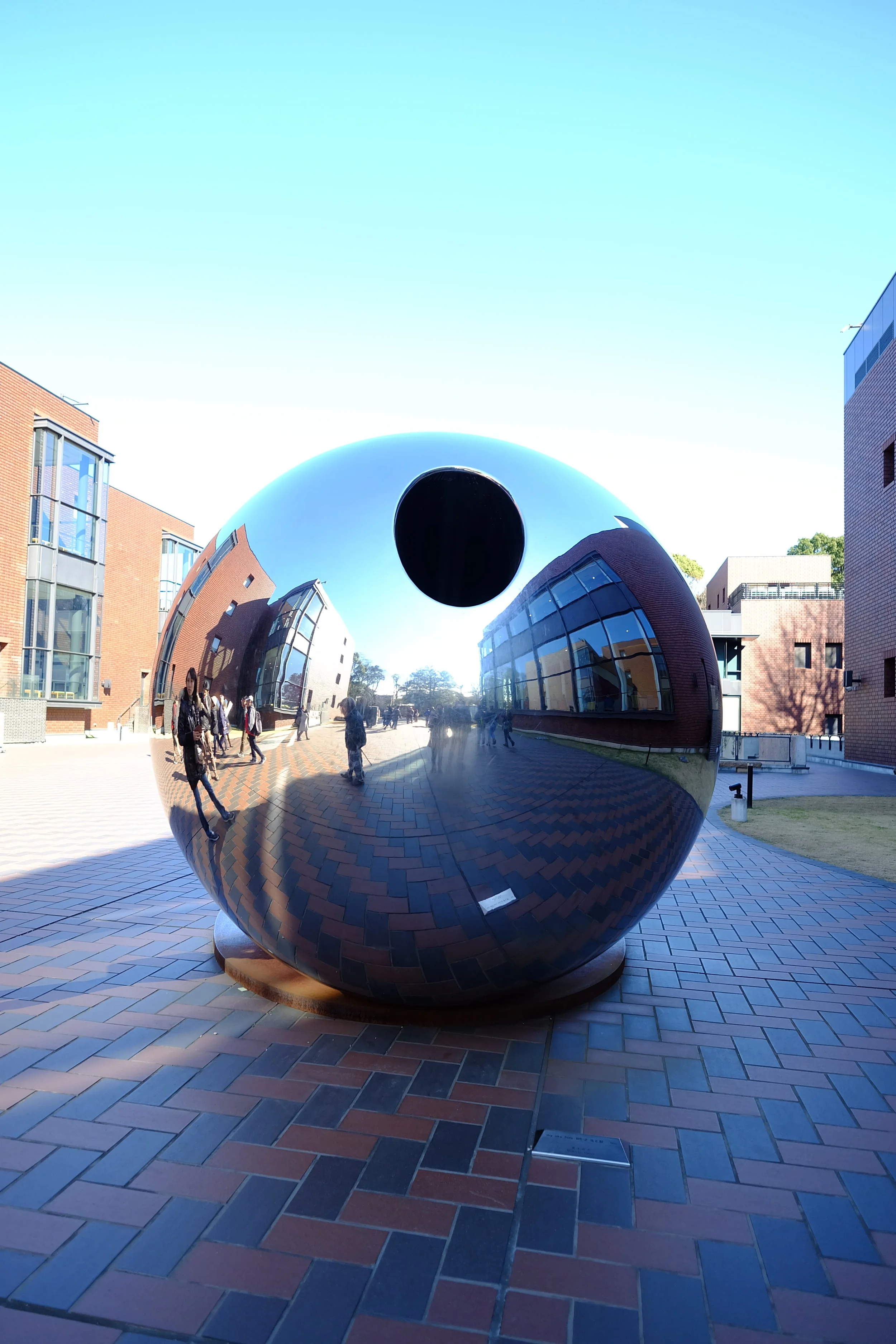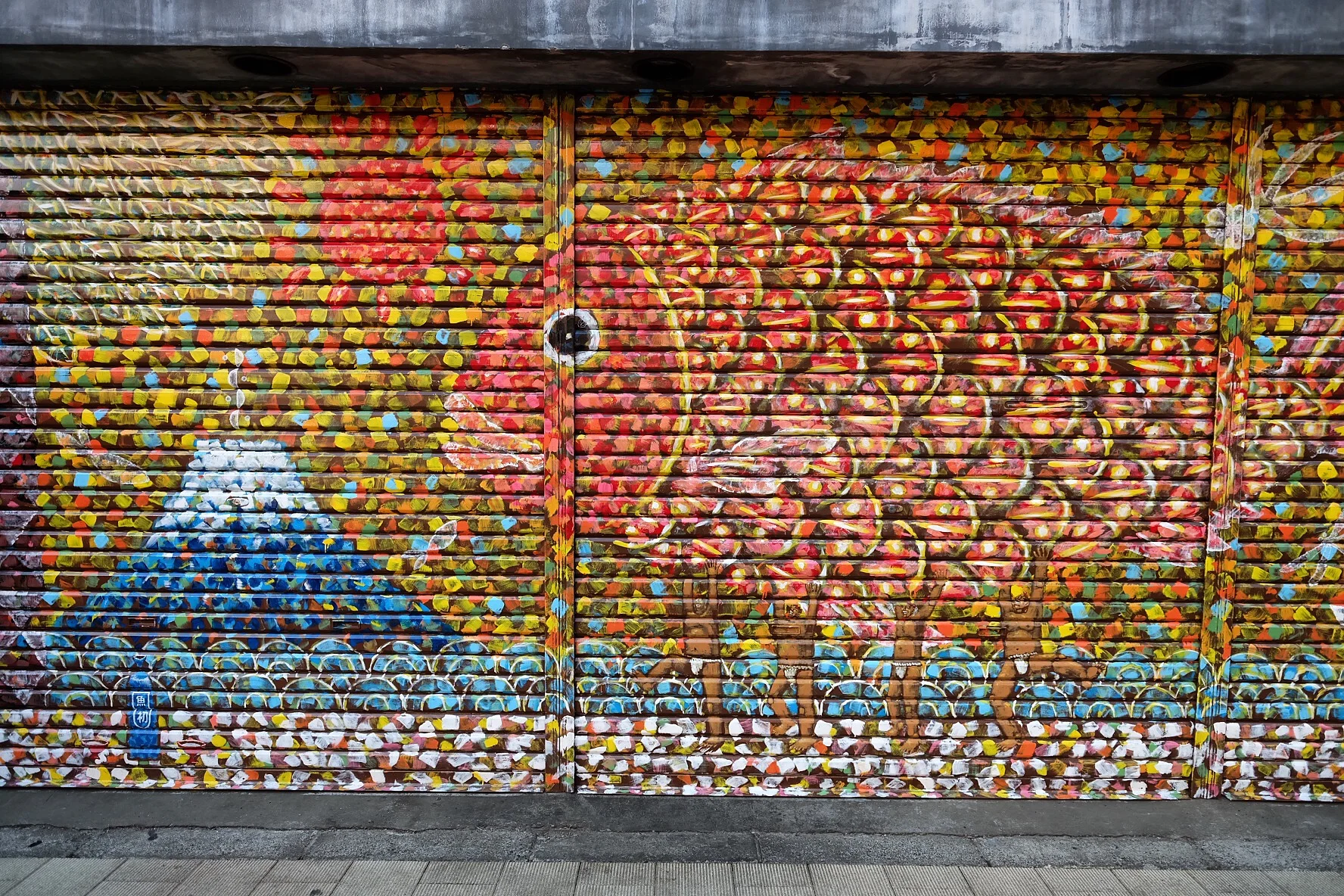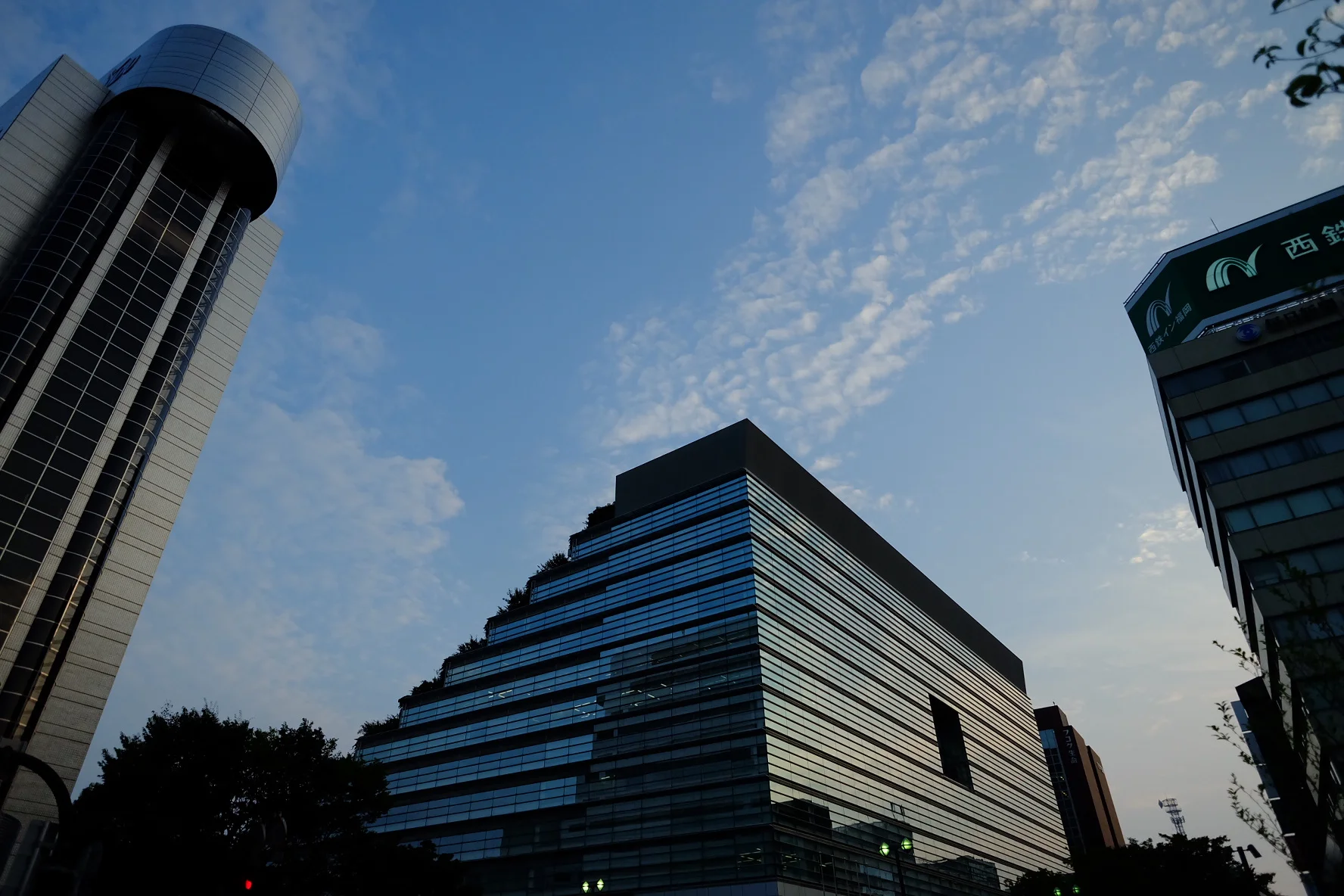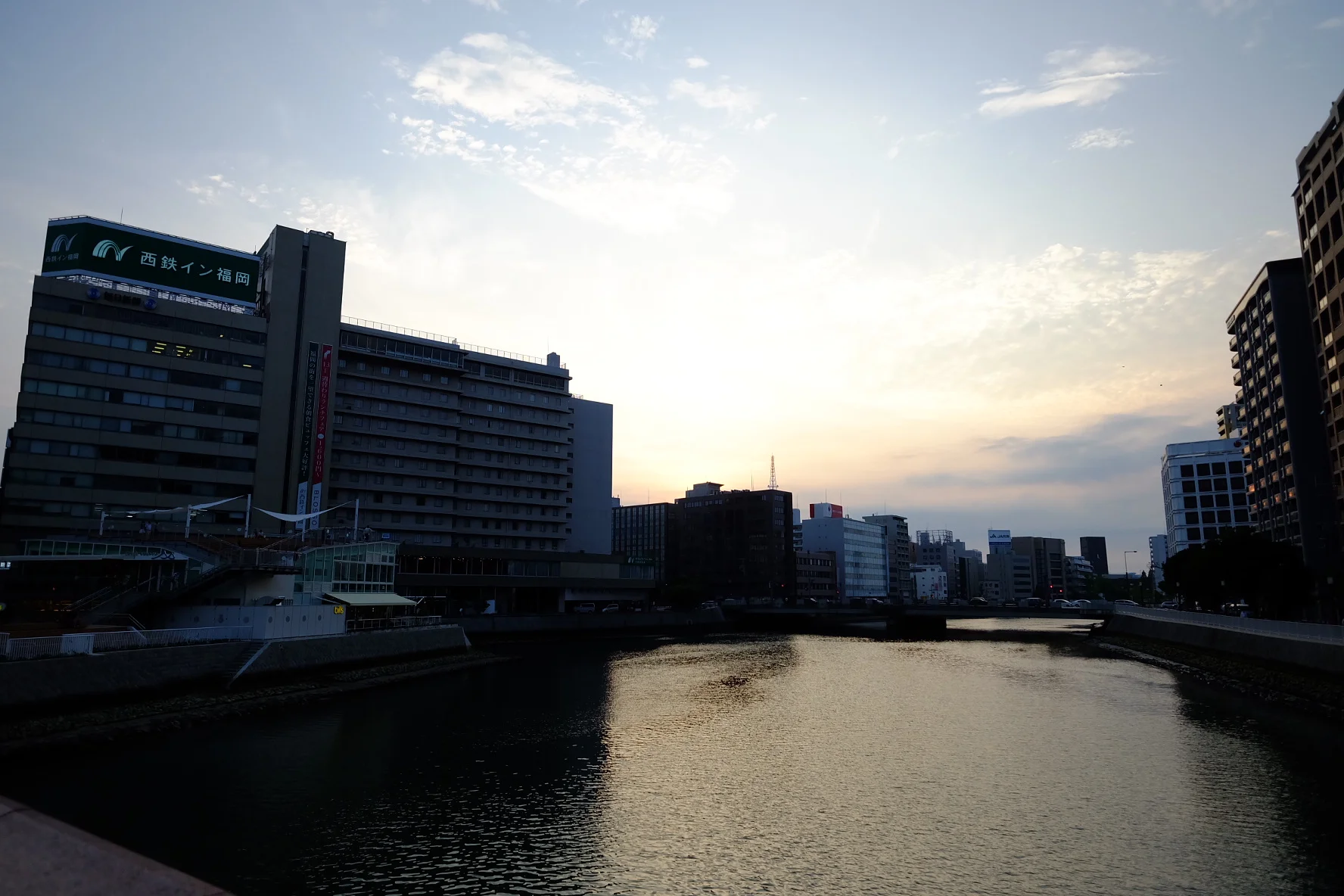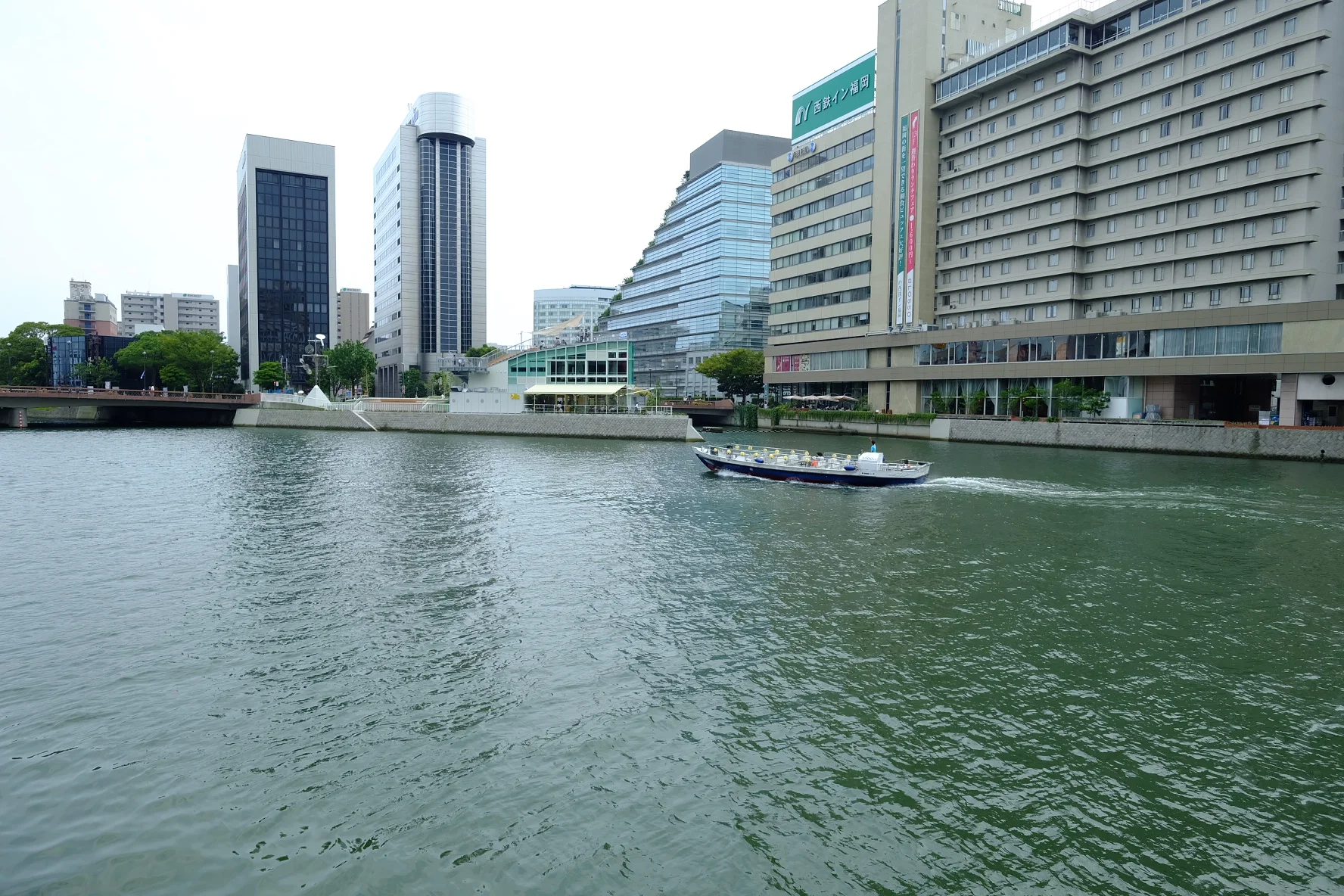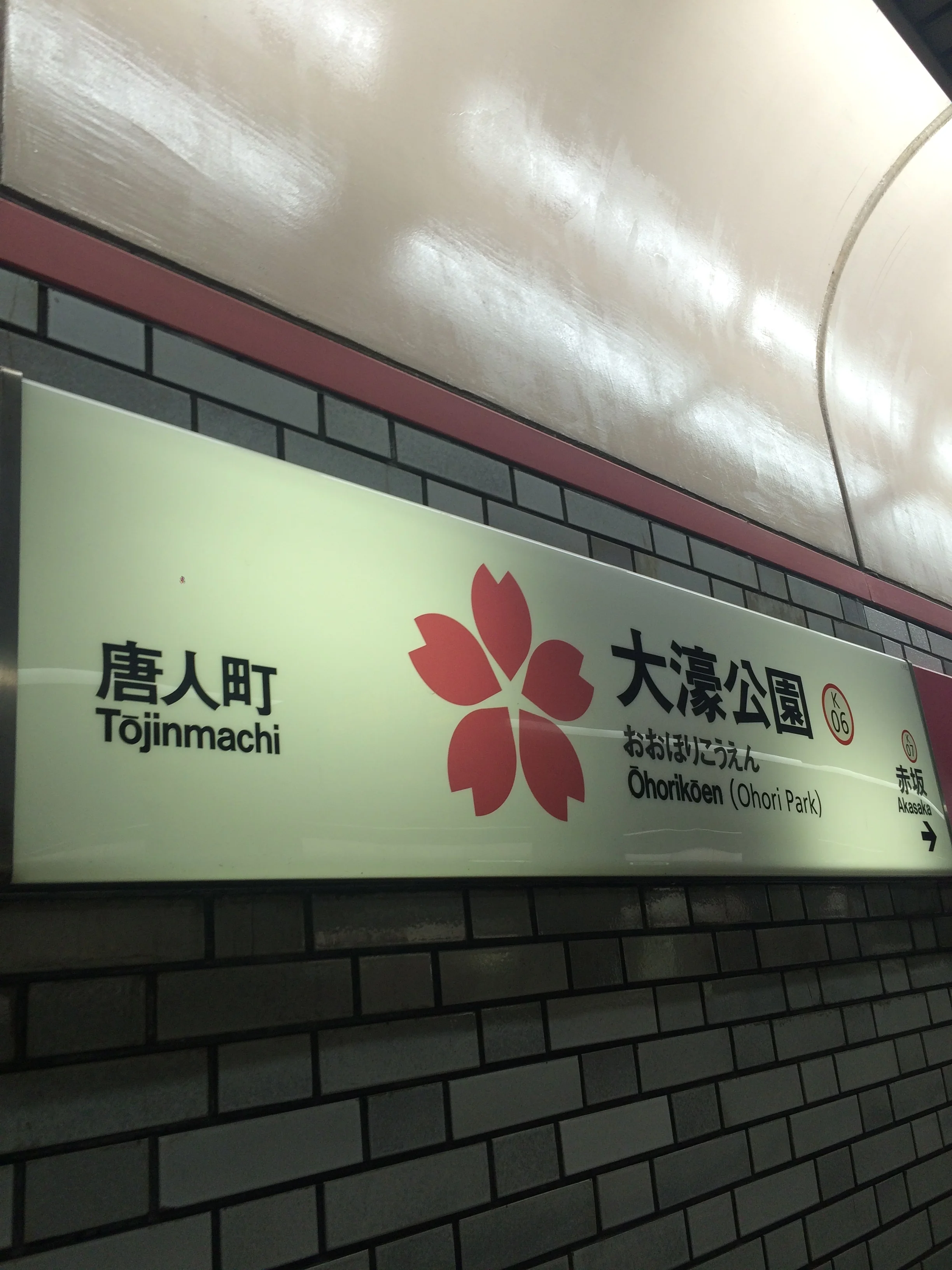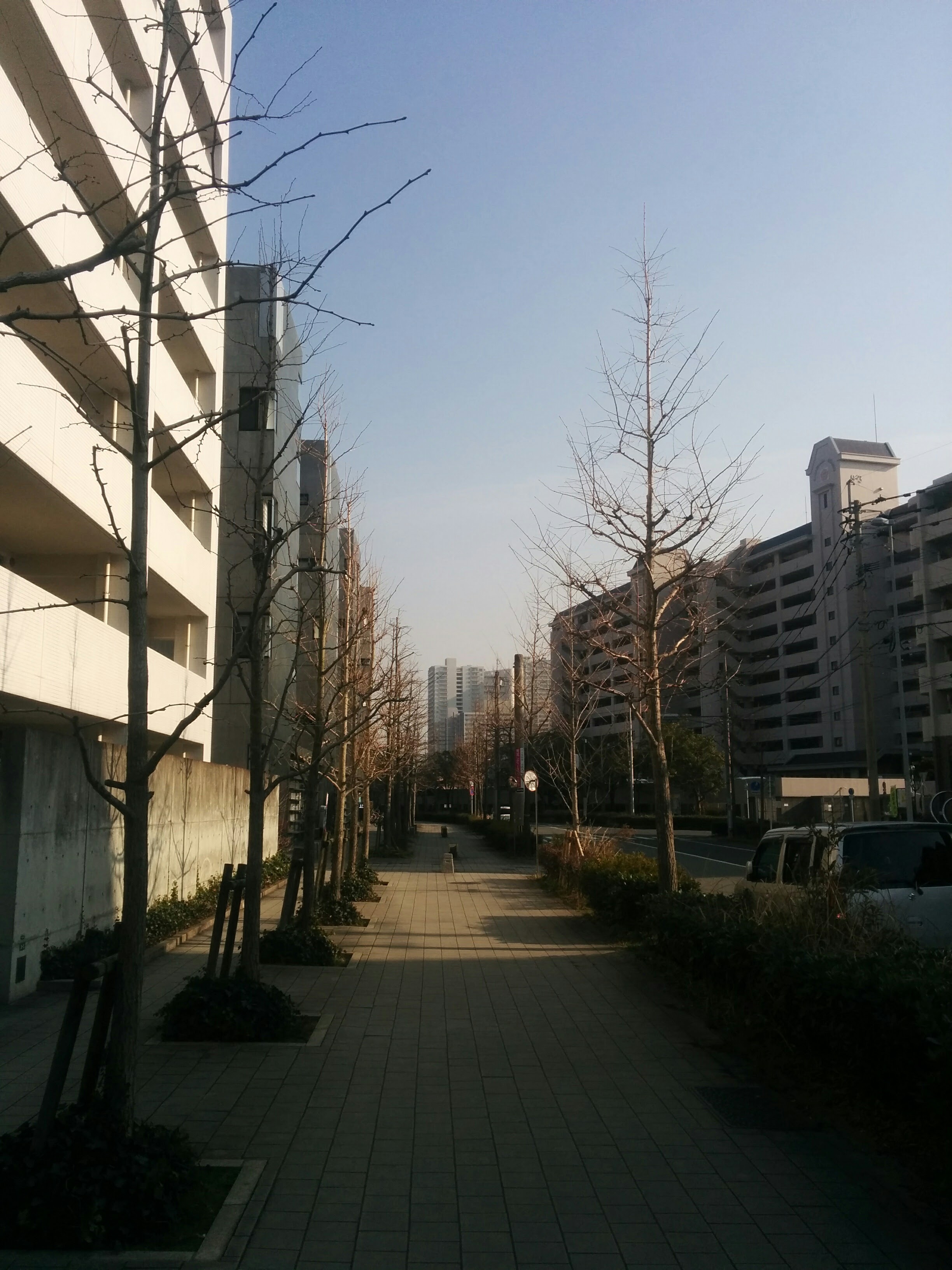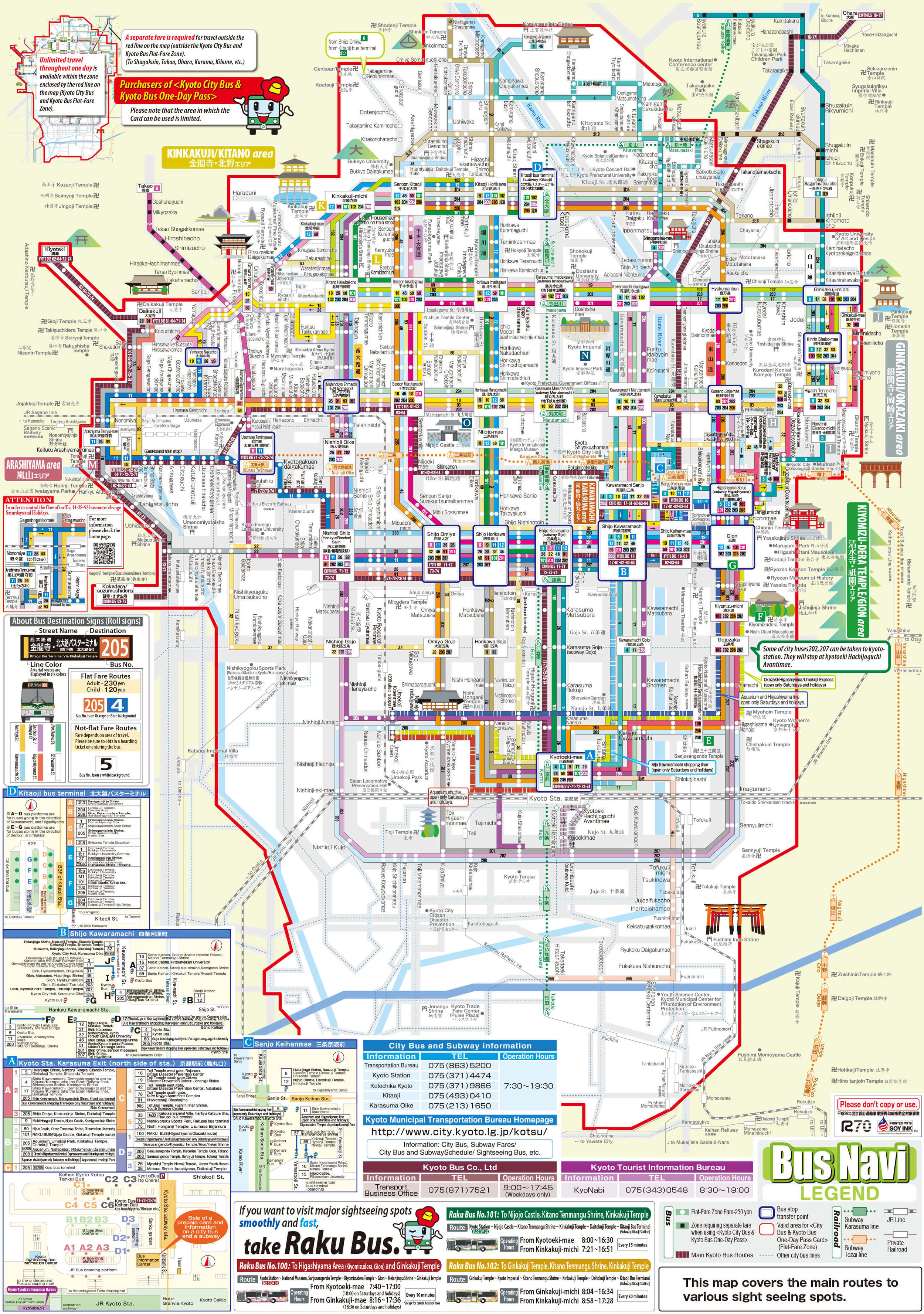The Rundown - September 11, 2018
Deactivated Facebook, been off the platform for a couple of weeks now and so far not regretting it. And I’m also off Twitter and never been happier. Facebook has to ask why I was leaving so I had to be honest - “Because Facebook poisoned political discourse in my country and helped propel an incompetent, homicidal maniac into office. Fuck Facebook.
I still have that one Instagram account - perhaps the requirement of posting a picture is sufficient proof-of-work to deter the worst trolls. Still, the plan is to get back out into the open web.
New software helps uncover Mafia crime masked as ordinary business
What Does It Mean for Venezuela to Peg Its New Currency to a Cryptocurrency?
Sony's new Aibo's are pretty cool, but my standard for robotic dogs has been set by Megaman's Rush.
















